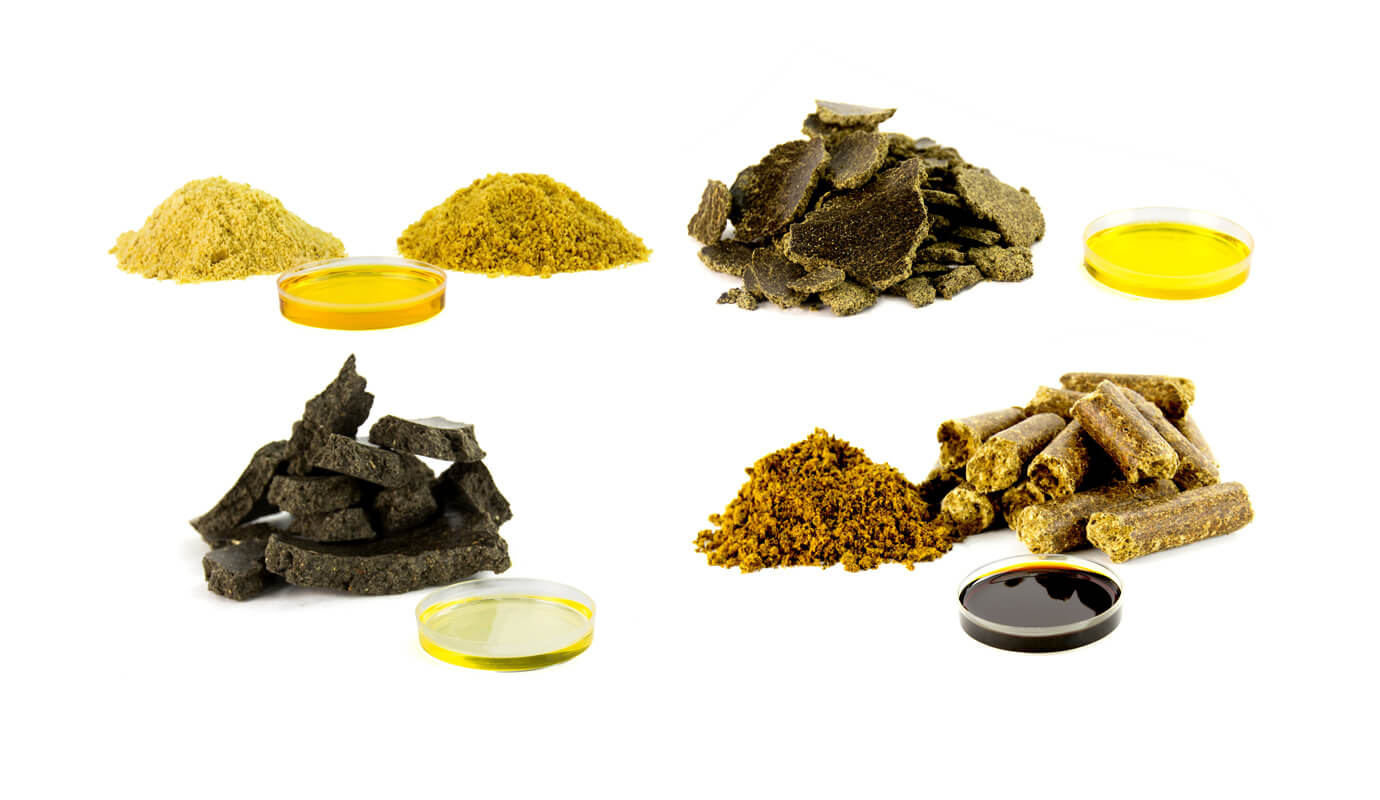WHAT OILSEEDS CAN YOU MECHANICALLY PROCESS?

Consumers are demanding more transparency and access to sustainable food products. A recent article on consumer trends mentioned US soy and plant-based soy alternatives retail sales grew 8.1% to $3.1 billion in 2017, while food sales overall decreased 0.2%. This demand is being met by agriculture businesses that are investing in new and existing technologies, like mechanical oilseed processing, to produce food.
Insta-Pro® International invented mechanical processing solutions for soybeans, starting with the invention of the high-shear dry extruder in 1969. As the process was optimized for thermal processing by high-shear dry extrusion and mechanical pressing of oilseeds, the process known as ExPress® has evolved for use with multiple types of oilseeds. The ExPress® System is a hexane-free mechanical process which preserves the nutritional quality of various oilseeds.
ExPress® Soy Process
ExPress® process is easy to control which maintains quality of the meal and oil, however, several parameters should be followed to maintain consistency in the end product. For the ExPress® soy process, the recommended soybean parameters 9% – 11% moisture and 18% – 22% oil. Additionally, the soybeans should be properly cleaned and coarse-ground prior to extrusion. The ExPress® soymeal moisture, protein, oil, and fiber should also be analyzed for each batch to ensure quality and consistency. These parameters for raw soybeans and ExPress® meal can be monitored using Insta-Pro® International’s Portable NIR machine or by frequent laboratory analysis.
ExPress® Cottonseed Process
Cottonseed presents a unique set of challenges and opportunities when extruded. With oil content ranging from 18% to 22% and highly variable moisture levels depending on harvest and storage conditions, it requires a tailored approach to maximize oil recovery and ensure efficient throughput during high-shear dry extrusion. Unlike other oilseeds, cottonseed is typically processed after ginning, which leaves behind small amounts of lint. This lint contributes to the seed’s bulky nature and complicates uniform feeding into the extruder. For optimal results, it’s important that the seed be as clean as possible. Any remaining dirt or debris not only reduces oil yield but also accelerates wear on processing equipment due to the naturally abrasive nature of the fiber content.
One of the key advantages of using high-shear dry extrusion for cottonseed lies in the flexibility of the equipment configuration. Compared to other processes, the extruder and press used for cottonseed are the least restrictive. This allows for smoother operation and a wider margin for processing variability important when working with cottonseed lots that differ in texture, oil content, or cleanliness. In certain cases, cottonseed may arrive at the facility with very low moisture content, sometimes 7% or less. When this happens, a small amount of water injection prior to extrusion can help condition the material, ensuring optimal temperature rise and proper cooking inside the extruder barrel. This step helps unlock the cell structure of the seed, making the oil more accessible and enhancing the efficiency of the press that follows.
Once the material has been extruded and pressed, the post-processing requirements for cottonseed are similar to those used for soy. This includes cooling, conveying, and storage procedures that protect the nutritional integrity of the resulting meal and oil.
Alternative ExPress® Processes for Canola, Sunflower, and Flaxseed
For oilseeds with starting oil content higher than 35%, an additional pressing step should be added. This alternative ExPress® set-up can be used to process canola, sunflower, flax, and other seeds with a high oil content and is used for its improved oil extraction efficiency. These oilseeds require a second pressing to ensure efficient oil extraction. Residual oil of the extruded and pressed meal ranges from 8% – 10% depending on the starting oil content. Proper cleaning and handling of the raw material are essential to prevent damaging the seed prior to processing. If seeds are damaged before processing, the seed can cause conveying issues to the extruder and press. The configuration of the extruder and press will change depending on the seed’s characteristics.
When compared to other mechanical processes, nutritional quality of ExPress® meal is superior. In a recent study with the University of Illinois, broilers’ amino acid digestibility was compared across two mechanical processing methods. As shown below, broilers fed ExPress® canola meal had improved amino acid digestibility, including a 12% advantage of digestible lysine compared to the expanded and pressed canola meal. Additionally, a 439 kcal/kg increase in digestible energy – or 14% improvement of total energy in poultry formulation was seen among broilers fed ExPress® canola meal versus expanded and pressed canola meal.
Insta-Pro’s high-shear dry extrusion technology provides processors with the control and adaptability needed to work with oilseeds successfully. From equipment design that accommodates the seed’s physical traits to processing flexibility that adjusts for moisture and oil content, our system helps ensure efficient, profitable oilseed processing, even for challenging inputs like cottonseed.
Talk with an Insta-Pro® International representative today to learn more about the various oilseed processes and how to produce high-quality meal and oil.



